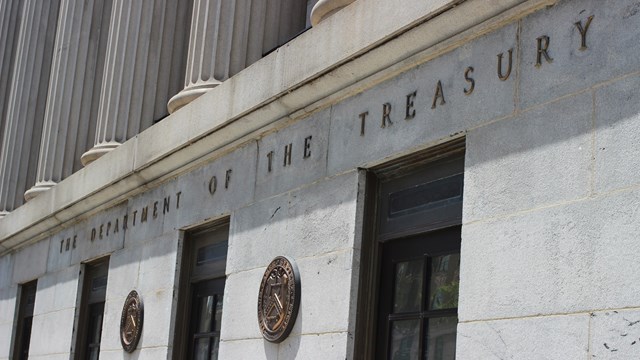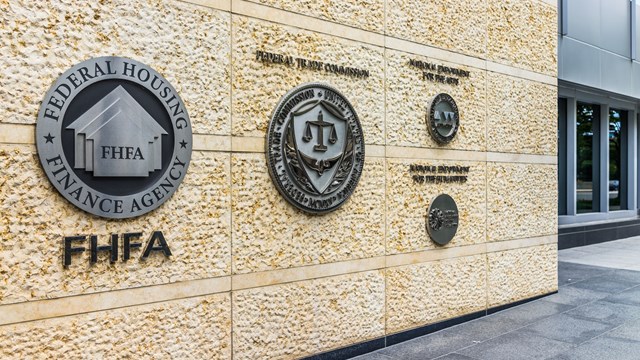On October 24, 2007, Governor Jon Corzine signed the Predatory Towing Prevention Act to prevent tow truck operators from “taking advantage of vulnerable citizens and holding their vehicles hostage for exorbitant fees.” On October 19, 2008, 360 days after its enactment, this law will go into effect and dramatically alter the current towing procedures in New Jersey.
Targeting “Rogue” Operators
In response to complaints from constituents regarding the heavy-handed towing practices across the state, legislators enacted this law to curb the unchecked power of tow truck companies. Senator Robert M. Gordon, D-38, described the towing industry as the “Wild West” where “rogue” tow truck companies “do what they want and charge whatever they can extract.”
To combat these draconian truck operators, the new law appoints the Department of Community Affairs (DCA) as the regulatory agency responsible for administering the act. Under the new regulations, all tow truck companies must register with the DCA and provide a proposed schedule of towing rates, proof of insurance and a list of vehicles to be used. Fees that exceed 150 percent of a county’s average price will be considered excessive and subject the towing company to fines. For such violations, the director of the DCA has the ability to refuse to issue, suspend, or even revoke a tow truck company’s registration.
With the implementation of a transparent regulatory scheme and an enforcement mechanism, the act has been generally acclaimed in the press and by the general public. There are, however, some who believe that the law goes too far.
Impact for HOAs
Predictably, the Towing & Recovery Association of America (TRAA) is one of the most vocal critics of this law. However, community associations may be surprised to learn that, in some instances, their interests may be aligned with the towing association. In particular, the Act’s section devoted to community associations makes it impractical for property owners to police their property and may affect the management of a community.
Most notably, the new law requires: 1) appropriate and conspicuous signage putting vehicle operators on notice of the possibility that they may be towed; 2) that only registered towing companies may be used to tow vehicles from the property, and 3) that prior authorization be obtained from the property owner, in this case the community association. While the first two requirements may pose some issues for the association, the latter is the most problematic.
In addition to the written authorization needed before towing can take place, the law requires the presence of the association’s property owner, its agent or employee when a vehicle is towed during operating hours. Associations without on-site property managers will obviously have great difficulty complying with this provision. For those associations, a possible recourse is to invoke the Act’s general written authorization for tow truck companies to remove vehicles outside normal business hours. Unfortunately, what constitutes business hours has yet to be defined by the legislature, foreshadowing future legal disputes.
Practical Problems of Enforcing the Law
Whether an association has on-site management or not, the new law will compel many to reconsider the use of towing companies. While an association’s governing documents or parking resolution usually contains relatively few procedural hurdles, the new law complicates the towing procedure. An association that tows vehicles without complying with the requirements outlined above may face lawsuits by aggrieved vehicle owners for the towing costs. Because the law is not yet in effect, there is no judicial guidance. However, it would stand to reason that an association that does not follow the letter of the law in towing vehicles might be responsible for these costs. So what is an association to do?
The first step is to consider whether towing vehicles is worth the potential headache caused by the new law. For many associations, the specter of towing is the only deterrent powerful enough to ensure compliance with its parking rules and regulations. If the association decides that towing is indispensible, then the next step is to install signage that corresponds to the law’s directive. The law specifically requires conspicuous signage that is at least 36-inches by 36-inches with specific language to be included on the sign.
Next, for those associations with on-site management, the managers should focus on strict adherence with the “authorization” and “presence” requirement of the law. A copy of the new law should be mandatory reading for all on-site managers. For those associations without on-site management, the most practical option could be to restrict towing to non-business hours to evade the “presence” requirement of the law. Unfortunately, this option is far from foolproof since the law does not define what constitutes business hours.
In Conclusion
It is undeniable that the towing industry needed to be more regulated. However, while the Act succeeds in creating a more cohesive regime of regulations to protect against price gouging and “rogue” tow truck companies, it may complicate an association’s towing procedures. Requiring a property manager or agent of the association to be present during towing is impractical at best. Moreover, with little legislative guidance on what constitutes business hours, the application of the law remains uncertain. However, with the new law set to take effect in less than 6 months, associations have little choice but to address these changes. Thus, it is important for associations that use towing as part of their parking scheme to promptly begin the process of reviewing their current procedures and signage to conform to the Act.
Marc J. Meunier, Esq. is an attorney with McGovern Legal Services LLC in New Brunswick.







Leave a Comment